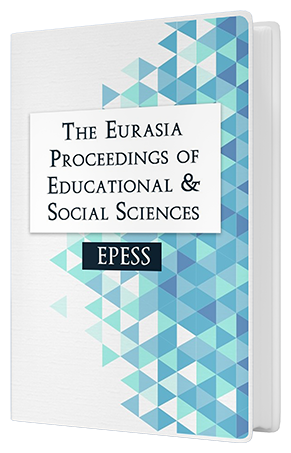Relationship between Motivation and Listening Achievement in Learning Chinese as Second Language in Malaysia
DOI:
https://doi.org/10.55549/epess.1191894Keywords:
Chinese as Second Language, Listening Achievement, MotivationAbstract
Motivation is a major factor in the success or failure of students in learning second language. Low motivation will affect language learning. Therefore, this study will assess the motivation towards subject of Chinese as Second Language in national primary school among Year 4 students as well as examine the relationship between Second Language Motivational Self-System (L2MSS) and listening skills achievement. The instruments used to analyze motivation are Listening Achievement Test (UPM) and L2MSS Questionnaire which are divided into 3 components, namely Ideal Second Language Self (IL2S), Ought to Second Language Self (OL2S) and Second Language Learning Experience (L2LE). A simple random sampling method involving 48 participants was randomly selected in this study. The results of the study showed that the study participants had a significant relationship of IL2S component with listening skills. However, students did not show a significant relationship of OL2S and L2LE components in listening skills achievement. Based on the findings of the study, a discussion on the possible contributing factors is presented along with the implications of the results of this study in the field of motivational studies. Institutions and educators need to plan curricula, syllabi and teaching methodologies accordingly to maintain and strengthen motivation with listening achievement in learning.Downloads
Published
Issue
Section
License
Copyright (c) 2022 The Eurasia Proceedings of Educational and Social Sciences

This work is licensed under a Creative Commons Attribution-NonCommercial-ShareAlike 4.0 International License.
The articles may be used for research, teaching, and private study purposes. Any substantial or systematic reproduction, redistribution, reselling, loan, sub-licensing, systematic supply, or distribution in any form to anyone is expressly forbidden. Authors alone are responsible for the contents of their articles. The journal owns the copyright of the articles. The publisher shall not be liable for any loss, actions, claims, proceedings, demand, or costs or damages whatsoever or howsoever caused arising directly or indirectly in connection with or arising out of the use of the research material. All authors are requested to disclose any actual or potential conflict of interest including any financial, personal or other relationships with other people or organizations regarding the submitted work.




